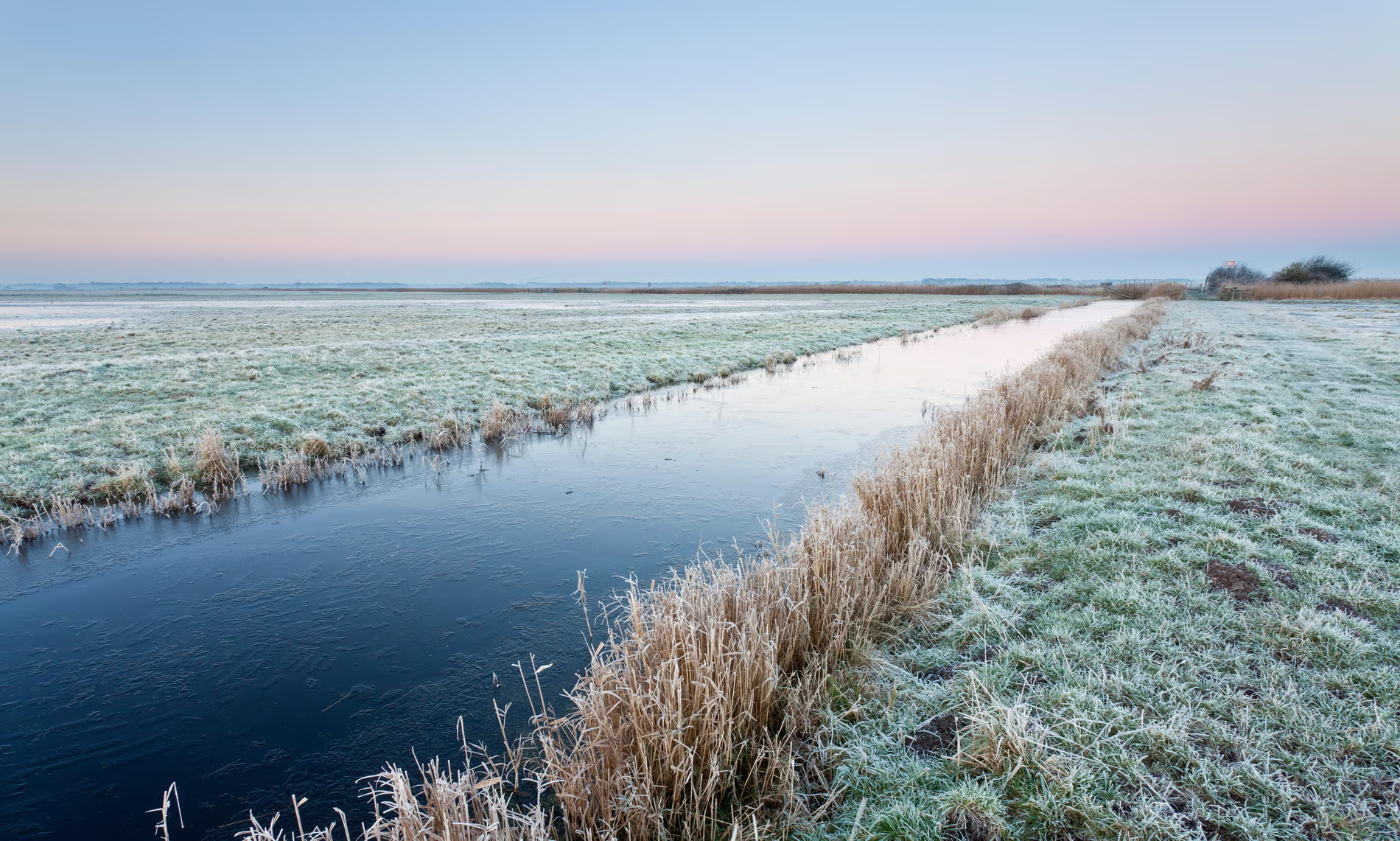A recent analysis by The Guardian has revealed significant issues with the governance of England’s national parks. The findings show that the boards responsible for overseeing these parks are excessively male-dominated, lacking in diversity, and heavily skewed towards agricultural interests rather than conservation.
With 70% of the 225 board members being men and only 1.7% identifying as non-white, the boards are criticized for not reflecting the broader demographics of the population. Additionally, farmers outnumber conservation experts two to one, and nature-related topics are rarely prioritized in board meetings.
Campaigners argue that a comprehensive reform of national park governance is crucial for the recovery of natural environments within these parks and for serving the public interest. England’s 10 national parks, which cover 10% of the country, should play a vital role in tackling the climate and nature crises.
However, the condition of nature within these parks is often poorer than outside them, suggesting a failure in their management and conservation strategies.

England’s National Parks Governance Criticized for Lack of Diversity and Conservation Focus
The analysis highlights that the composition and focus of the boards are misaligned with the parks’ intended purpose. The board’s members, who decide on the strategic direction of the parks, include a disproportionate number of farmers compared to conservation experts.
Three national parks lack any conservation experts, while all have at least one farmer on the board. The Guardian’s review also found that the agendas for board meetings rarely include discussions on nature-related issues, with only seven out of 30 recent meetings addressing such topics.
Despite the 2019 review criticizing the boards as “bloated” and “deeply unrepresentative,” no significant reforms have been implemented. The review’s author, Julian Glover, noted that the previous government’s response was inadequate, leaving the current administration with the challenge of demonstrating effective leadership and commitment to enhancing the governance of protected landscapes.
This situation underscores the need for the new government to act decisively to align national park management with the public’s expectations and conservation needs.
The Department for Environment, Food and Rural Affairs (Defra) has acknowledged the issues raised and is considering improvements in governance to better support nature conservation and public engagement.
The focus moving forward will be on ensuring that the management of protected landscapes is more representative and capable of addressing both environmental and societal needs, ensuring a lasting positive impact for future generations.











































